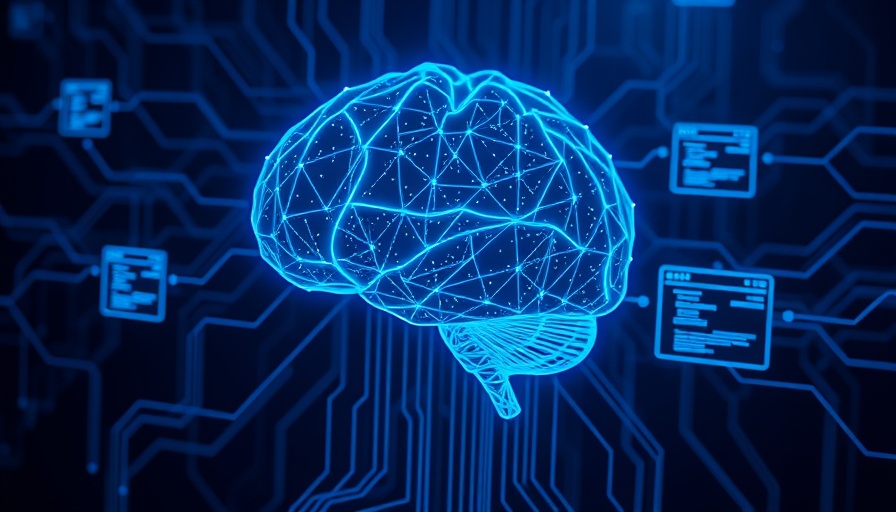
Understanding ChatGPT vs. Google AI: Key Insights
Recent research from BrightEdge has unveiled significant differences between the responses generated by ChatGPT and Google’s AI Overviews, particularly in the context of information retrieval. Digital marketers and content creators should take note of these disparities to better tailor their approaches across both platforms. The study, focusing on B2B technology, education, healthcare, and finance sectors, reveals how content is displayed and suggested can vary immensely based on the underlying AI algorithms.
Task-Oriented vs. Informational Approaches
A central finding from BrightEdge's analysis is the distinction between how ChatGPT and Google approach user queries—especially when those queries imply an action.
ChatGPT is designed to act as a digital assistant with a task-oriented approach, often suggesting direct tools and applications for immediate decision-making. This positions ChatGPT as a resource for users looking for specific solutions, like tools for budgeting. In contrast, Google maintains an informational focus, channeling users towards articles and research content that encourages a more reflective approach.
This distinction highlights that while Google excels as an information hub, ChatGPT serves more of a personal guide. Such differences can shape content strategies, urging creators to optimize differently for each platform.
Divergences in Action-Oriented Queries
The research indicates that while similarities can be found in results for simple comparison queries, divergence becomes pronounced for more action-oriented prompts. For instance, when users ask “how to create a budget” versus “compare credit cards,” ChatGPT will lead them toward direct applications like budgeting tools, while Google provides web pages filled with relevant information.
Healthcare queries demonstrate the highest divergence rate at 62%. When users inquire about symptoms or seek medical advice, both platforms may suggest reliable sources like the CDC. However, when the context shifts to practical inquiries—like finding a doctor—ChatGPT leans towards platforms like Zocdoc, whereas Google redirects to hospital directories.
Implications for Content Strategies
Understanding the differences between these platforms can dramatically impact content strategies for businesses. As digital marketers develop SEO strategies, this research guides them in tailoring content: they must determine if they’re addressing informational needs via Google or task-oriented solutions suited to ChatGPT.
For instance, in the education sector, where divergence stands at 45%, resource types may need adjustment. Content designed primarily for Google might serve a different purpose if the same users engage with ChatGPT. Businesses will need to diversify their content types to maximize exposure and engagement on both ends.
Making Data-Driven Decisions
As the tech landscape continues to evolve, aligning content with user intentions based on these findings becomes essential. By analyzing the nuances of how ChatGPT and Google respond to different queries, marketers can refine their keyword strategies and enhance user engagement.
The key takeaway from BrightEdge’s findings is that recognizing the differences in AI response patterns can empower marketers to create targeted content that resonates with the specific needs of users. As technology keeps changing, staying abreast of these patterns will be crucial for success.
 Add Row
Add Row  Add
Add 




Write A Comment